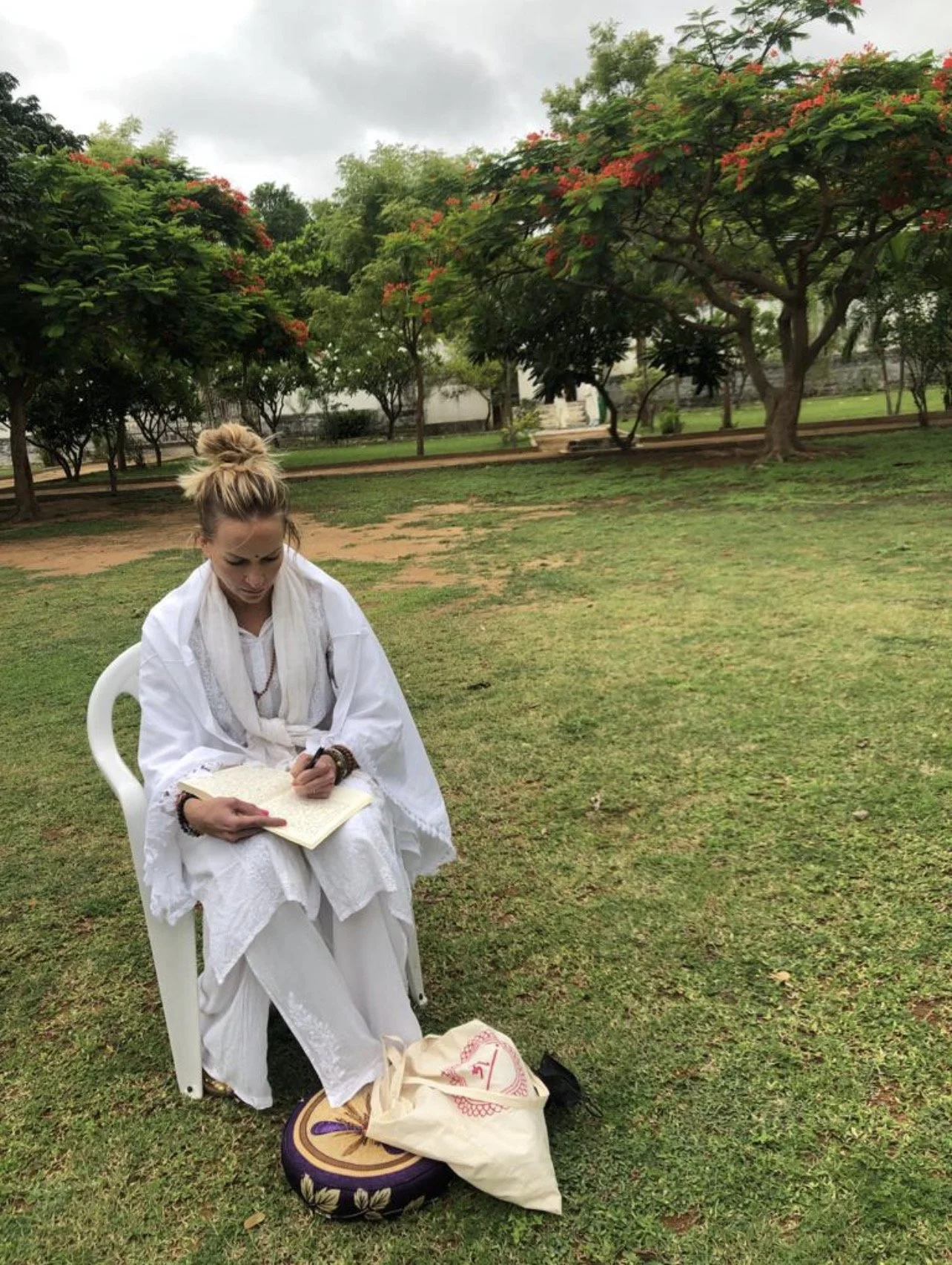Mirroring Ourselves in Others: Self-Reflection Practices for Deeper Awareness
Have you ever found yourself irritated by someone with whom you once cherished spending time? As someone deeply fascinated by human behavior, I've pondered this phenomenon at length. Humans, by nature, are highly adaptable. Over time, we tend to adopt the beliefs and behaviors of those with whom we’re close. The saying goes, "You become who you surround yourself with," and I find truth in that. By tuning into how we mirror ourselves in others, we can embrace self-reflection practices to develop our deeper inner awareness.
Both spirituality and psychology offer an intriguing perspective on this: often, what irritates us in others is a reflection of something we dislike in ourselves. So, here's an interesting thought - if we unconsciously emulate those close to us, it's plausible that some of their actions, which irritate us, are actually learned from observing us.
How do we approach this realization? You could dismiss it, believing others’ actions do not affect you. Or, you could dive deeper into self-awareness. By identifying and understanding behaviors that bother you, you can actively choose to respond differently, altering the experience for both parties. Over time, might this mutual awareness lead to positive behavioral change in both individuals?
Next time you're vexed by someone's actions, especially someone you love, take a moment to pause. Reflect. Could this be something you also exhibit, even subconsciously? Consider maintaining a 'trigger journal.’ Jot down such instances and approach them with curiosity and a desire to learn. In these moments of reflection, approach yourself with kindness and playfulness, and observe how it transforms your inner world.
Moment of Introspection & Leadership:
I love to share and believe in the transformative power of journaling. This practice has profoundly enhanced my self-awareness and understanding of myself.
Professionally and personally, I’ve had the opportunity to learn a great deal about myself. The success of my work is rooted in building healthy relationships. Doing this work day-to-day has offered me significant growth opportunities as I’ve learned that people act as mirrors, reflecting aspects of ourselves back to us that we might otherwise overlook. This lesson has impacted me deeply.
At first, I was excited about the self-revelations this perspective could potentially offer. However, the process wasn't as straightforward as I expected. When I saw others achieving what I aspired to accomplish, feelings of envy or jealousy sometimes surfaced. Was this because I saw my potential in them, but lacked a clear path to recognize it in myself? Or perhaps I'd stumbled in some previous attempts to achieve these successes, experiencing a sense of failure of taking a hit to my confidence.
I resisted this perspective initially, but then wondered: Could these feelings be signaling my own aspirations and purpose? What if I approached these individuals, seeking guidance or resources to attain similar successes? Adopting this mindset brought a sense of relief.
When I began therapy, my therapist posed a profound question during a discussion about challenging relationships: "What part of you do you see in this person?" I was initially reluctant to face potential flaws within me. Yet, as I journaled, it became evident that my frustrations weren't truly about the other person; they were reflections of aspects I needed to address within myself. This has taken a lot of courage and work, and is not easy. However, beginning to recognize this mirroring process has alleviated much of the judgment I felt towards others in my younger years and, most importantly, toward myself.
If you are seeking more understanding of your self and potential blind spots (which we all have) I encourage you to reflect on your interactions that trigger feelings of envy, jealousy, inspiration, or frustration. Step away from immediate judgment and get curious: What can these reflections reveal about your unseen facets? How might they guide you to a deeper understanding of yourself?
Use these four steps when journaling to capture and reflect on your triggers. Watch and notice which patterns of yours show up:
Reflect on Irritations: Every evening, think back to any interactions that left you frustrated throughout the day.
Identify the Emotion: What did you feel during those moments, and how long did those feelings last?
Envision Improvement: How could the situation have been better for you?
Prepare for Next Time: Consider a different approach or response that you can experiment with in future similar situations.
“Be a reflection of what you’d like to receive. If you want love, give love. If you want truth, be truthful. What you give out will always return.”
— Kristen Butler
REFLECTIVE & DISCOVERY QUESTIONS FOR THOUGHTS & JOURNALING
Who do you admire?
What qualities in this person do you admire most?
FOR YOUR TEAM DAILY HUDDLE
How do we want to contribute to our best energy as a team today?

